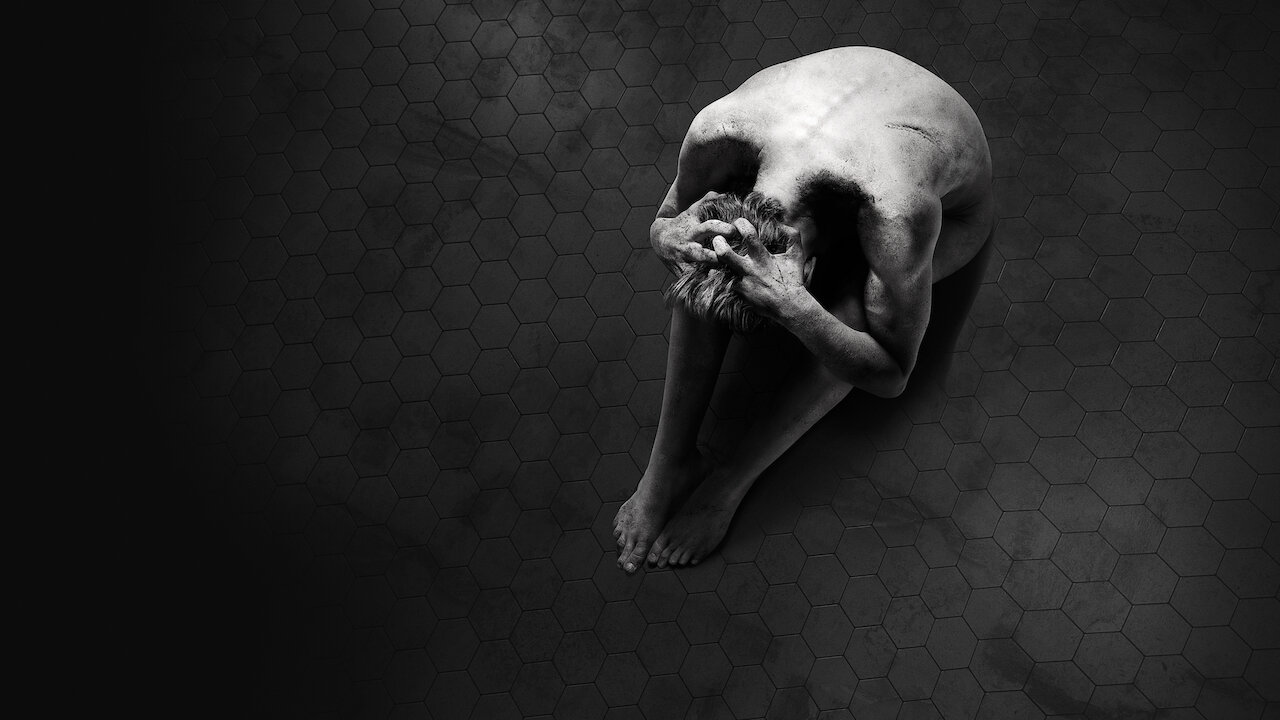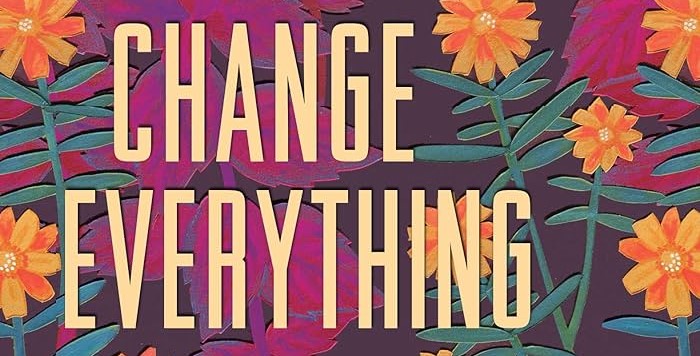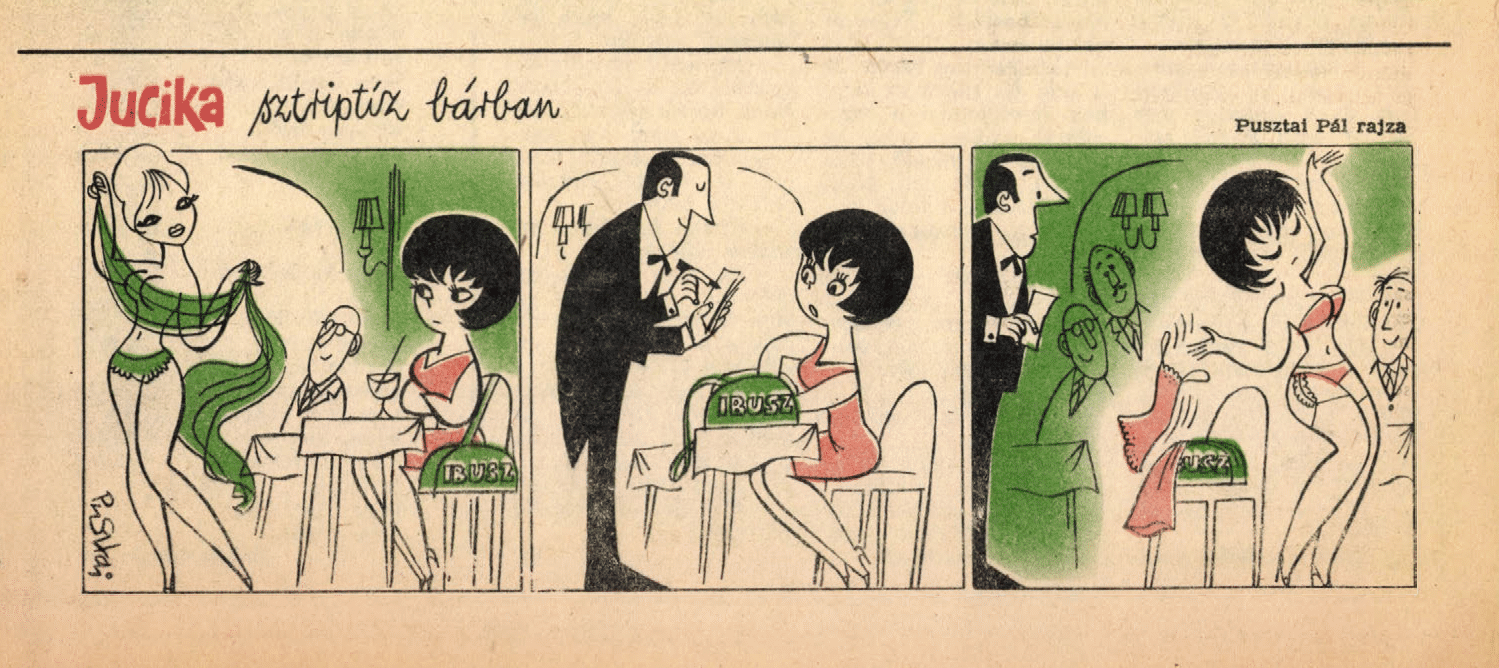Inhalt der Forschungswerkstatt Empirische Sozialforschung ist das Erlernen und Ausprobieren qualitativer Methoden. Diese Methoden brauchen Sie, wenn Sie beispielsweise eine Masterarbeit zu einem Thema schreiben möchten, bei dem Interviews und Beobachtungen nötig sind. Empirisches Arbeiten bedeutet, Realsituationen zu analysieren und auf ihre Bedeutung hin zu befragen. Der Untersuchungsrahmen ergibt sich aus Ereignissen oder Erfahrungen, bei denen Gender als Analysekategorie, sowohl als Struktur- als auch als Prozesskategorie, zum Verstehen und Deuten hilfreich ist.
In diesem Projekt geht es schwerpunktmäßig um Kleidung und ihren Konsum. Kleidung und Mode lassen sich entlang der textilen Wertschöpfungskette von Produktion, Vermarktung, Konsum und Entsorgung analysieren. Im Hinblick auf eine nachhaltige Entwicklung stellt sich die Frage, inwiefern Gender Kauf- und Konsumentscheidungen beeinflusst. Kleidung und Mode stehen in diesem Forschungsprojekt im Fokus.
Die Forschungswerkstatt ist ein zeit- und arbeitsintensives Projekt, bei dem forschendes Lernen praktisch wird. Wenn Sie eine empirisch angelegte Masterarbeit schreiben möchten, dann könnten Sie in der Forschungswerkstatt Empirische Sozialforschung schon erste Überlegungen für die Abschlussarbeit entwickeln.
Die Forschungswerkstatt ist auf zwei Semester angelegt. Im Sommersemester wird das Thema methodisch entwickelt, idealerweise finden sich Kleingruppen von 2-3 Personen, die ein gemeinsames Unterthema erarbeiten. Die Datenerhebung findet erfahrungsgemäß in der Semesterpause statt. Die Analyse und Interpretation der Daten erfolgt im Wintersemester. Das erste Semester wird mit einem Zwischenbericht abgeschlossen, das zweite mit einem Endbericht.
- Kursverantwortliche/r: Prof. Dr. Christine Bauhardt
- Kursverantwortliche/r: Dounia Biedermann
- Kursverantwortliche/r: Christina Sickert
The seminar will look at the agrifood system through the lens of coffee from a feminist and social science perspective and deals with different dimensions of coffee production and consumption – the economic, ecological and socio-cultural.
Coffee production is mostly concentrated in the Global South and coffee has become one of the largest agricultural commodities. The production of coffee is highly embedded in colonial power relations: during the colonial period local food crops have for example been replaced in favor of the cash crop of coffee. However, coffee cultivation is also highly contested so that female farmers in Kenya, for example, resisted structural adjustment in the 1990s and refused to produce coffee by uprooting the coffee trees. Furthermore, many of the coffee-producing areas are affected by the climate crisis and the livelihoods of farmers are already impacted.
At the same time, coffee consumption holds an important socio-cultural significance and plays a central role in consumers' food and drink habits, especially in Europe. Moreover, coffee shops and cafes often signal change in a region or city and are seen as drivers of gentrification processes. The consumption of specialty coffee and the use of certain equipment, roasting and brewing techniques can be linked to practices of class and social distinction.
The subject of coffee will provide an example to analyze gender relations in their intersection with other categories of social inequalities. We will, for example, discuss: How is the female coffee farmer constructed in coffee marketing? What is the potential of women cooperatives, can they decrease gender inequalities? How is gender produced and reproduced through coffee consumption in private and public spheres?
LiteraturBrownhill, Leigh S.; Kaara, Wahu M., & Turner, Terisa E. (1997): Gender relations and sustainable agriculture: rural women's resistance to structural adjustment in Kenya. Canadian Woman Studies/les cahiers de la femme.
Kinyanjui, Mary Njeri (2015): Coffee Time. Langaa RPCIG, Cameroon.
Limburg, Aubrey (2013): Large Americano, Extra Masculine: How People Do Gender at The Coffee House. Journal for Undergraduate Ethnography, 3. Jg., Nr. 2, S. 1-11.
Stolcke, Verena; Chapman, Mark D. (1988): Coffee Planters Workers and Wives: Class Conflict and Gender Relations on Sao Paulo Coffee Plantations. Springer.
BemerkungThe content of this course is expanded by the course “Feminist Political Ecology and Ecofeminism: Theoretical debates and political strategies” (Wednesday, 4-6 pm) by Christine Bauhardt. However, students are free to take just one of the two courses.
- Kursverantwortliche/r: Dounia Biedermann
- Kursverantwortliche/r: Meike Brückner
- Kursverantwortliche/r: Christina Sickert
| Kommentar | This course introduces students to feminist environmentalism. We will analyse discourses and practices from diverse regional backgrounds concerning the role of gender in environmental politics. Ecofeminism is often confronted with the charge of essentialism – is this reading correct? What does Feminist Political Ecology contribute to the understanding of the current ecological crisis? Students will learn about critical perspectives on human-nature-relationships. |
|---|---|
| Literatur | References: Alaimo, Stacy (2016): Exposed. Environmental Politics and Pleasures in Posthuman Times. Minneapolis, London: University of Minnesota Press. Bauhardt, Christine / Harcourt, Wendy (eds.)(2019): Feminist Political Ecology and the Economics of Care. In Search of Economic Alternatives. (Routledge Studies in Ecological Economics). London: Routledge. Mellor, Mary (1997): Feminism and Ecology. New York: New York University Press. Mortimer-Sandilands, Catriona / Erickson, Bruce (eds.)(2010): Queer Ecologies. Sex, Nature, Politics, Desire. Bloomington, Indianapolis: Indiana University Press. Sturgeon, Noel (1997): Ecofeminist Natures. Race, Gender, Feminist Theory and Political Action. New York, London: Routledge. |
| Bemerkung | Registration formalities: Personal appearance at the first session (24.4.) The content of this course is expanded by the course “The Perfect Cup of Coffee? The Economy, Ecology and Culture of Coffee” (Wednesday, 2-4 pm) by Meike Brückner. However, students are free to take just one of the two courses |
- Kursverantwortliche/r: Prof. Dr. Christine Bauhardt
- Kursverantwortliche/r: Dounia Biedermann
- Kursverantwortliche/r: Christina Sickert
Statistische Analysemethoden und theoretische Ansätze der Gender bzw. Queer Studies scheinen zunächst im unvereinbaren Gegensatz zueinander zu stehen. Wir setzen uns damit auseinander, wie diese Kluft teilweise überwunden werden kann. Dies ist ein Methodenkurs, was bedeutet, dass der Schwerpunkt auf dem Erlernen der Grundlagen der Statistik liegt, sowie auf dem Umgang mit dem Analyseprogramm SPSS. Vorkenntnisse sind hilfreich, aber nicht zwingend notwendig. Ausreichende Englischkenntnisse zum Lesen und Verstehen der überwiegend englischsprachigen Literatur wird vorausgesetzt.
- Kursverantwortliche/r: Prof. Dr. Mirjam Fischer

- Kursverantwortliche/r: Andrew Thomas
- Kursverantwortliche/r: SHK Ekaterina Kosykh

In our contemporary world, understanding gender is not just a matter of academic pursuit but a crucial tool for dismantling oppressive structures. The seminar offers a brief introduction to research in Gender Studies, aiming to unravel its complexities, harness its liberatory potential, and navigate the pitfalls that inadvertently reinforce hegemonic systems.
This seminar serves as a dynamic space where participants embark on a journey to explore the multifaceted dimensions of gender. We will delve into theoretical frameworks and practical applications that challenge the status quo of the Cis-Hetero-Patriarchy. By fostering an inclusive and experimental environment, we encourage participants to critically engage with diverse perspectives and push the boundaries of conventional knowledge.
By the end of the seminar, participants will emerge with a deeper understanding of gender as a site of power and resistance. Armed with critical insights and practical tools, they will be equipped to embark on their own master’s journeys, contributing to the ongoing struggle for gender justice and liberation.
Depending on need and interest we will engage with questions such as:
1. What do we stand to gain by adopting a more expansive approach to Trans* and Queer beyond identity categories?
2. To what extent does gender and sexuality unfold differently in the non-West?
3. What can we learn from other liberatory struggles and disciplines such as Crip Theory, Indigenous Studies, Decolonial approaches or Feminist Political Economy?
4. How does queer/trans*/feminist world-making look like?
- Kursverantwortliche/r: Gabs Dumfahrt Perez
Who is represented in survey data and statistics and who´s struggles and
needs are thereby acknowledged? The invisibility of people and
perspectives in data is a problem. While the categorization of
dimensions of social position in quantitative research is fraught with
challenges, a sensitive and inclusive data collection through
quantitative survey methodologies can be useful under certain conditions
to address this knowledge gap. These conditions will be elaborated in
this seminar. When is it important to collect socio demographic data in
surveys and how can this be done sensitively? When is it superfluous? As
a part of this evaluation, the role and position of the researcher, as
well as their relation with the research objective will be reflected,
critically. Possibilities to capture different dimensions of social
positions will be weighed. Students will put the material into practice
by developing an own questionnaire.
- Kursverantwortliche/r: Lea Annina Luttenberger
Starting with the introduction of the concept of "gender" as a social construction and a category of analysis, the course aims to investigate developments in gender studies through an intersectional perspective. Intersectionality, elaborated in African American feminism and theorized by Kimberlé Crenshaw in the 1980s, allows us to observe how gender intertwines other social categories (such as sexuality, race/ethnicity, class, sexual orientation, religion, citizenship) and how this intersection determines different locations within the social hierarchy. We will focus in particular on the intersection of gender and race/ethnicity. This intersection will be analyzed from a historical perspective in relation to the different phenomena of colonialism, slavery, and migration and will also be investigated through its literary representation in a memoir. In the final part of the course, a focus will be made on how social inequalities (especially those based on gender, race/ethnicity, and class) and the current environmental crisis support and reinforce each other.
- Kursverantwortliche/r: Giulia Fabbri
- Kursverantwortliche/r: Therese Klapper
Im Alltag begegnet man dem Begriff der Gerechtigkeit überall:
Klimagerechtigkeit, soziale Gerechtigkeit oder Geschlechtergerechtigkeit
sind nur einige Beispiele. Doch so präsent der Begriff der
Gerechtigkeit auch sein mag, so unklar ist zumeist seine Bedeutung. Was
ist Gerechtigkeit eigentlich? Und was ist Ungerechtigkeit? In welchem
Verhältnis steht Gerechtigkeit zu Konzepten, wie Freiheit, Solidarität
und Verantwortung? Wen schließen verschiedene Gerechtigkeitstheorien ein
und wer bleibt außen vor? Kann Gerechtigkeit universell sein? Muss sie
stets im Konkreten verankert sein? Oder kann es Gerechtigkeit gar nie
geben? Im Seminar wollen wir den Begriff der Gerechtigkeit aus
feministischen Perspektiven kritisch beleuchten und diskutieren, ob der
Begriff trotz alledem praktisch nutzbar gemacht werden kann. Ein
Schwerpunkt des Seminars liegt dabei auf dem Gerechtigkeitsbegriff im
Kontext von Gewalterfahrungen.
- Kursverantwortliche/r: Simone Kreutz
- Kursverantwortliche/r: Dr. Amany Abdelrazek-Alsiefy
- Kursverantwortliche/r: Therese Klapper
Das Programm besteht aus einer Vorbereitungsphase im Sommersemester 2024 und der eigentlichen Mentoringphase im Wintersemester 2024/25. Student_innen werden in der Abschlussphase ihres Studiums dabei unterstützt, folgende Fragen für sich zu beantworten:
• Welche beruflichen Zielvorstellungen habe ich?
• Welche Potentiale kann ich nutzen?
• Welche Karrieren interessieren mich und passen auf meine Lebenswelt?
• Wie kann ich den weiteren Verlauf meines Studiums an meinen Berufsvorstellungen ausrichten?
Das Mentoring-Programm soll durch die Einblicke in berufliche Praxisfelder, Workshops und Coaching die Möglichkeit bieten, eigene Motivationen zu überprüfen und Vorstellungen zu reflektieren. Dies schließt ggf. auch Fragen zur weiteren Studiengangsplanung, zur Anlage der Examensarbeit in Verbindung mit der Stellensuche sowie zu Strategien der Stellensuche mit ein.
Über die organisatorische Gestaltung wird eine Vereinbarung zwischen Mentori und Mentees getroffen, in der die gemeinsamen Ziele sowie die organisatorische Gestaltung der Mentoring-Beziehung festgehalten werden.
- Kursverantwortliche/r: Susanne Spintig (ZTG)

This course will investigate the ways in which the policing of gender and sexuality intersected with the policing of (ethno) national boundaries in Central-Eastern Europe, with a focus on the state-socialist period (1945-1990) but including the interwar period and the post socialist period as contextual bookends. At the same time, it will explore the ways in which the socialist ideologies of gender equality and internationalism were actually (and selectively) implemented in these countries, the effect this had on women and men from both ethnic majority and minority populations in these countries. Finally, it takes a transnational approach, looking at the role of gender and sexuality in positioning Central Eastern Europe within the (white) West, and in the West’s perception and ‘othering’ of the region.
- Kursverantwortliche/r: Therese Klapper
- Kursverantwortliche/r: Priska Komaromi
Iranian women have been taking any chance to show their resistance(s) towards the gender policy of the state in public and private arenas. This course will shed light on the ways through which they have been responding, negotiating and resisting the imposed concepts and ideas by the state.
- Kursverantwortliche/r: Therese Klapper
- Kursverantwortliche/r: Sima Nabizadeh